I have database structured like this:
I am using secret key in my security rules. I could not find any childByAutoId function in nodejs firebase package, so I am using timestamp for each new node. I would like to keep every node something about one month in database. For example on every first day in month nodejs would delete nodes from two months back. What is the simple/best way to do it? Do I need to change database structure in order to archive it? Or is is possible for firebase to do it for me? This is how I write into database:
import { initializeApp } from 'firebase/app';
import { getDatabase, ref, set, remove } from 'firebase/database'
const firebaseApp = initializeApp(config);
const db = getDatabase(firebaseApp);
function writeUserData(secret, userName, timestamp) {
return set(ref(db, `${secret}/${timestamp}`), {
name: userName
});
}
